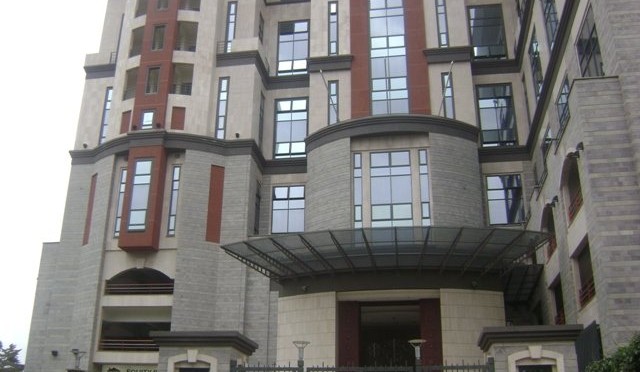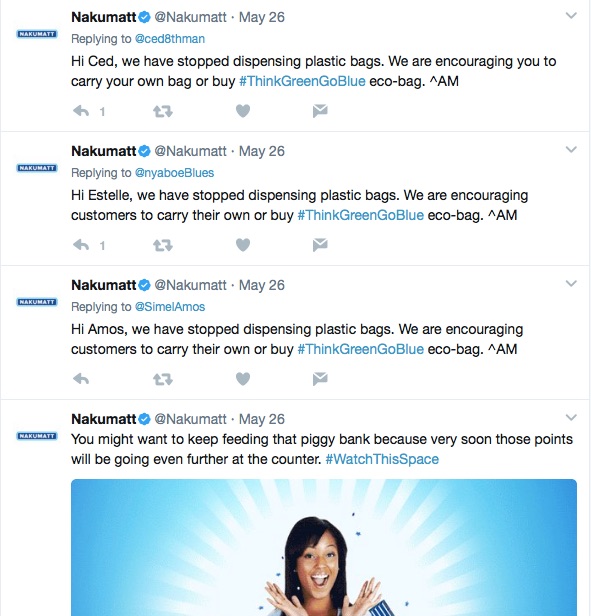Kenya’s smallest bank will wind up banking operations in a deal that transfers most of its business to Kenya’s second-largest bank, by market share.
A notice by Spire Bank states that all its depositors, except its main shareholder, will become customers of Equity Bank Kenya. Spire had 20,000 depositors, with about 3,700 loan customers and an equivalent of Kshs 1.32 billion of deposits will be transferred to Equity along with loans worth Kshs 945 million.
Equity term the transaction as “immaterial” to their group financial statements as it only adds 0.25% to their deposits now at Kshs 522.7 billion, but which will ensure that Spire customers enjoy uninterrupted banking services. Spire will pay Equity a cash amount, estimated at Kshs 468 million, to bridge the difference in the loans and the deposits transferred.
As per the agreement, Spire will cease offering bank services and deal with its creditors and staff. Spire’s parent, the Mwalimu National Sacco, has over Kshs 60 billion in assets but will walk away from the ill-advised venture into banking – that never made a profit from when it was acquired as Equatorial Commercial Bank – confident that the exit decision is in the best interests of its customers and stakeholders.
edit January 24, 2023: Through a notice by the Governor of the Central Bank (CBK), the Government has approved the deal in which Equity Bank Kenya is acquiring certain assets and liabilities of Spire Bank, effective on 31 January 2023.
edit February 1, 2023: Equity and Spire announced the completion of the deal transferring deposits and loans between the two banks and inviting customers of Spire to access their deposits at Equity.
- Equity published a notice to guide the transfer of customers at 10 branches of Spire to specific branches of Equity.
- On the same day, Spire issued redundancy notices to all its bank staff. Spire Bank will not continue its banking operations and is offering all its employees one month’s salary for every year worked as severance, payment for leave days not taken, and pension dues. The minimum payout will be Kshs 300,000. Employees will also get a 25% rebate on loans and the medical cover will run for another six months to June 30, 2023.
edit February 1 2023: The Competition Authority cleared the deal on the condition that Spire shall pay redundancy benefits to both unionized and non-unionized employees if it does a voluntary liquidation. Note Spire branches are now closed.


